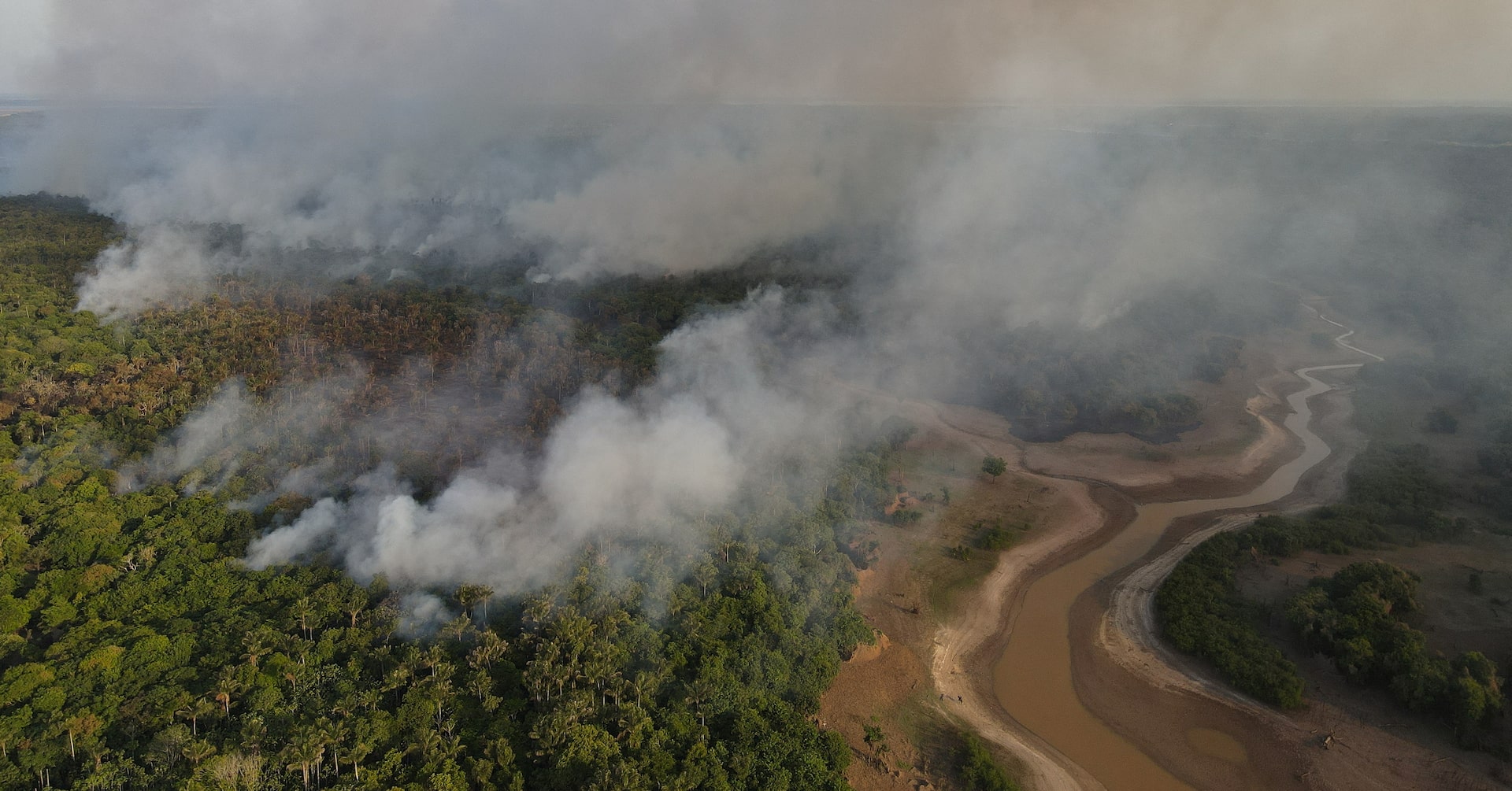Copyright Reuters

BELEM, Brazil, Nov 9 (Reuters) - With the pace of climate change speeding up, extreme weather and other impacts are taking an increasing toll on populations and environments across the globe. Here are some of the developments this year in climate science: WARMER, FASTER Sign up here. The new research shows the average global temperature rising at a rate of 0.27 degrees Celsius each decade – or almost 50% faster than in the 1990s and 2000s when the warming rate was around 0.2 C per decade. Sea levels are rising faster now too – at about 4.5 millimeters per year over the last decade, compared with 1.85 mm per year measured across the decades since 1900. The world is now on track to cross the 1.5 C warming threshold around 2030, after which scientists warn we will likely trigger catastrophic, irreversible impacts. Already, the world has warmed by 1.3-1.4 C since the pre-industrial era, according to the World Meteorological Organization. TIPPING POINTS Warm-water corals are in an almost irreversible die-off from successive marine heatwaves - marking what would be the first so-called climate tipping point, when an environmental system begins to shift into a different state. Researchers in October also warned that the Amazon rainforest could begin to die back and transform into a different ecosystem, such as savannah, if rapid deforestation continues as global warming crosses 1.5 C, which is earlier than previously estimated. They said meltwater from the thawing ice sheet atop Greenland could help cause an earlier collapse in the ocean current called the Atlantic Meridional Overturning Circulation, or AMOC, that keeps winters mild in Europe. In Antarctica, where ice sheets are also under threat, scientists are worried about declining sea ice surrounding the southernmost continent. Similar to what is happening in the Arctic, ice loss exposes dark water that can absorb more solar radiation - which amplifies the overall warming trend. It also jeopardizes the growth of phytoplankton that consume much of the world's CO2. LAND ON FIRE Along with heatwaves and drought, wildfires still threaten to be frequent and severe. That was slightly less than the annual average burned for the last two decades. But the fires produced higher CO2 emissions than before, as more carbon-dense forests burned. DEADLY HEAT Researchers are working on ways to assess heat-related health risks and tolls, as U.N. health and weather agencies estimate about half the world's population is already struggling. There is no consistent international definition for a heat-related death, but technology advances are helping scientists to bridge data gaps and compare conditions from place to place. SCIENCE UNDER ATTACK The U.S. administration under climate-denying President Donald Trump is hoping to slash funding for agencies that collect and monitor climate and weather data, worrying a scientific community that says U.S. leadership will be hard to replace. Trump's 2026 budget request, yet to be approved by Congress, proposes halving the annual budget for NASA Earth Science to about $1 billion and cutting NOAA's spending by more than a quarter to $4.5 billion while eliminating its climate research arm, among other cuts. Elsewhere, however, public science spending is increasing, with record budgets for science research in China, the UK, Japan, and the European Union. The EU also last month opened its real-time weather data monitoring to public access. Reporting by Ali Withers in Copenhagen and Katy Daigle in Belem; Editing by Nia Williams Our Standards: The Thomson Reuters Trust Principles., opens new tab Ali Withers leads global visuals climate coverage for Reuters. Based in Copenhagen, her reporting spans climate science, global climate policy, impacts of extreme weather and adaptation. Before joining Reuters, Ali was a video journalist at NBC News and Bloomberg in New York. Katy Daigle is the Climate & Environment Editor for Reuters, where she has overseen global coverage on the beat since joining the company in 2020. She previously worked as deputy news editor at Science News and guided the magazine's coverage of climate change. In the two decades up to 2018, Daigle worked in international news for the Associated Press, including eight years as AP's South Asia Correspondent and environment writer based in New Delhi.



